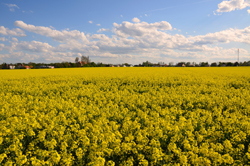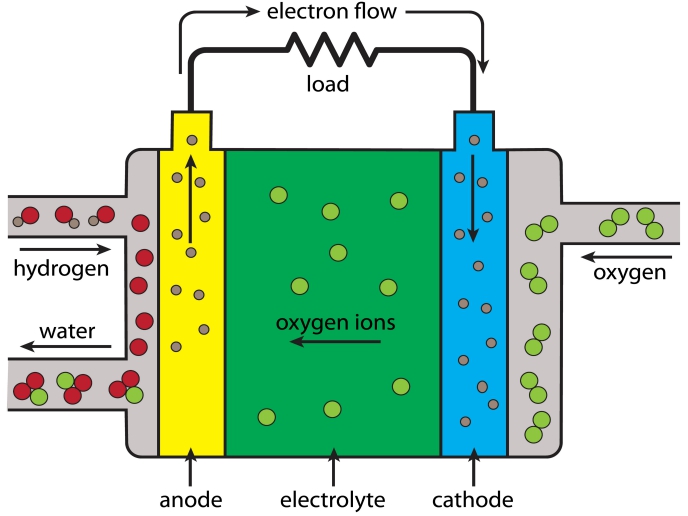Industrial crops to bloom in Europe
Crops are not only valuable as a food source. They provide an amazing variety of renewable non-food products such as fuels, fibres, chemicals, lubricants and construction materials. Such crops can reduce dependence on fossil fuels, diversify agriculture, boost agricultural feedstock markets and promote sustainable development. In this vein the EU-funded project 'Non-food crops-to-industry schemes in EU27' (Crops2industry) looked at how these crops could be grown within EU Member States to reap the rewards. The project considered supply, consistency, quality, environmental impacts, market demands and price competitiveness in exploring crop growth. It reviewed a number of applicable crops and outlined challenges in large-scale cultivation, focusing on those that have traditionally been grown on the continent. Importantly, the concept of growing non-food crops was based on exploiting surplus land, i.e. land where food crops are not currently being grown. With particular focus on oils, fibres, resins, pharmaceuticals and feedstock, the project team surveyed industry partners and analysed input, costs and output, facilitating the assessment of socioeconomic impacts. It also simulated production and environmental impacts of selected crops, calculating emissions and organic carbon in topsoil. Crops2industry published several strategies and papers on non-food use of plant biomass to help develop crops-to-industry schemes. The project also published all its results on a dedicated website, in addition to conducting three workshops and initiating twinning activities such as conferences and workshops with other countries. Lastly, the project mapped out research priorities for the future, such as identifying new technologies, improving yield, exploiting genomic advances and creating a ranking system for non-food cropping. The latter would be based on technical performance, economic viability and environmental impact to boost bioenergy crop-production schemes in a given region. The implications of such research are pivotal for several sectors of the economy and could lessen our dependence on imports, literally enriching the EU with 'home-grown' products, from fuels to pharmaceuticals.







